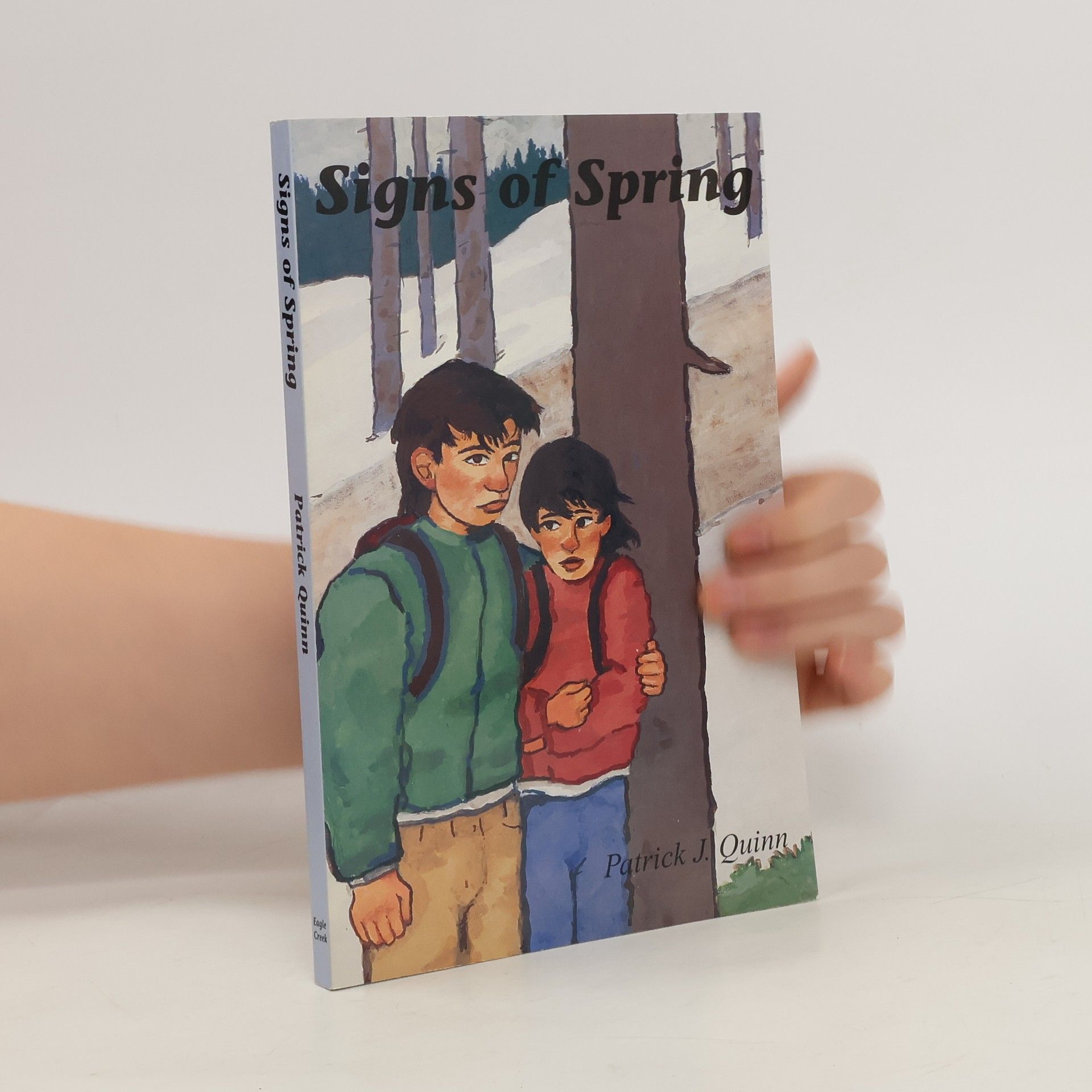Signs of Spring
- 152 pages
- 6 hours of reading
Deep in the Minnesota north woods, twelve-year-old hearing-impaired Eddie learns the true meaning of home and gains knowledge of his Indian culture from his great-grandfather.
This author delves into the complexities of human relationships and ethical dilemmas. Their works are celebrated for their keen insights into character psychology and their compelling prose. Readers appreciate the depth of their narratives and their thought-provoking approach. The writing often incorporates elements of irony and subtle social commentary.


Deep in the Minnesota north woods, twelve-year-old hearing-impaired Eddie learns the true meaning of home and gains knowledge of his Indian culture from his great-grandfather.
Bar Keeps: A Collection of California’s Best Cocktail Napkins highlights the colorful and fun cocktail napkins from California’s famous restaurants, hidden dives, and most beloved bars.Bar Keeps: A Collection of California’s Best Cocktail Napkins is a fun and fabulous tour through the cocktail napkins of the golden state. Hundreds of images of vintage cocktail napkins will surprise and delight anyone who is a fan of cocktail culture, roadside diners, hidden dives, tiki bars, and more. Collector Patrick Quinn highlights some of the most unique and interesting napkins he’s brought together over years of enthusiastic searching. Bar Keeps: A Collection of California’s Best Cocktail Napkins is the perfect book for any coffee table or bar top in town!